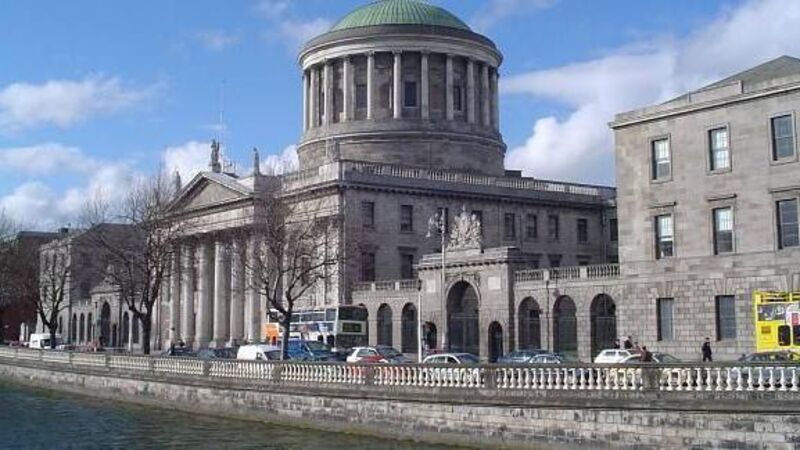High Court orders migrants to vacate charity's building they took over

The High Court judge said he would grant the order but put a stay on it for seven days. File picture
The High Court has granted an injunction requiring that a number of people who have taken over a building in Dublin where homes for older people are to be provided by a charity must vacate within seven days.
The Cabhrú Housing Association was granted the order after the court heard that on May 12 last, a number of “unknown persons” broke into the premises at James McSweeney House, Berkeley Street, Dublin 7.











